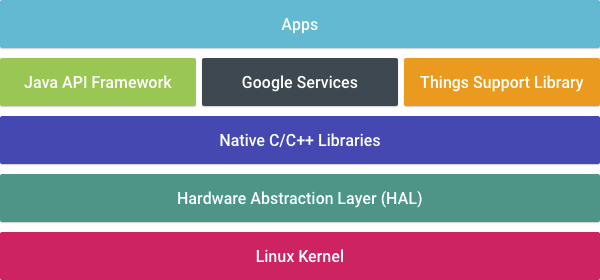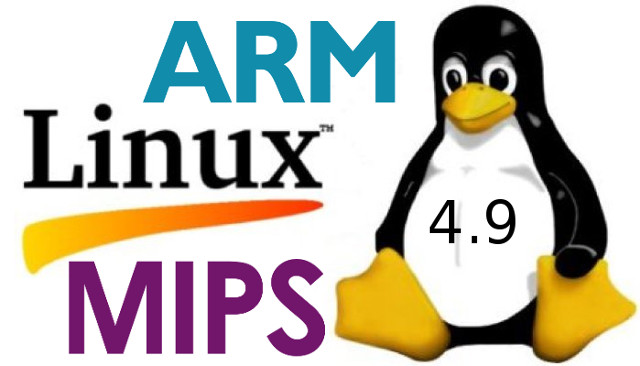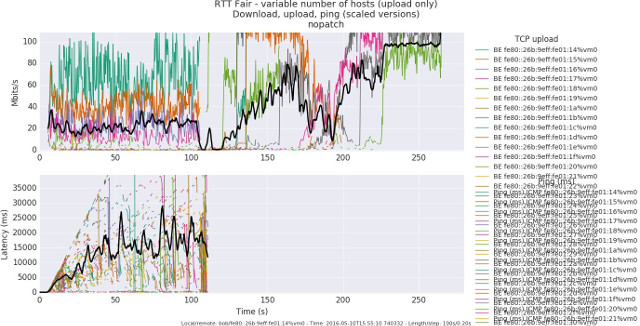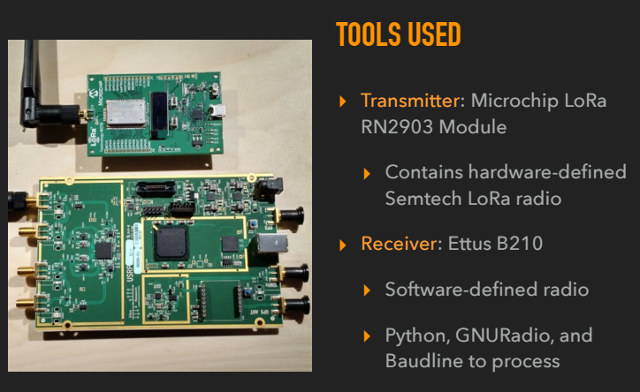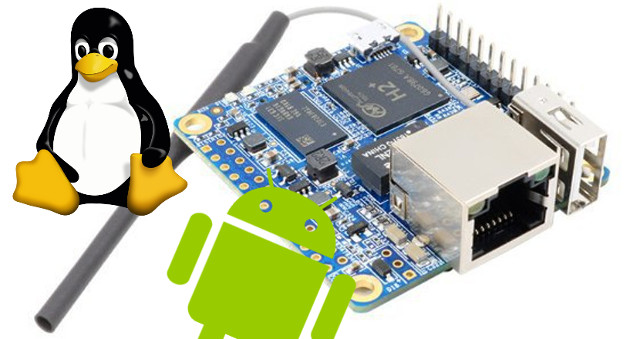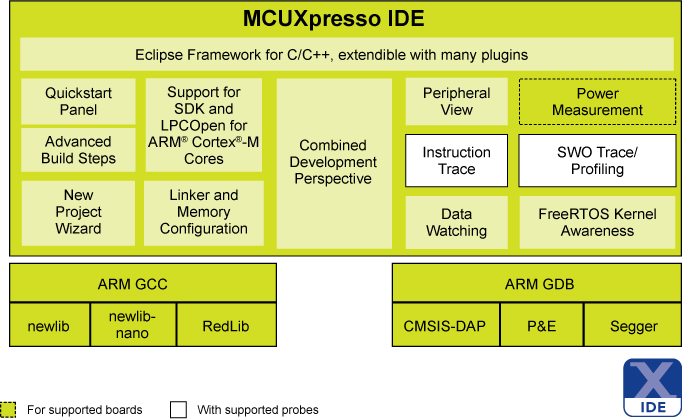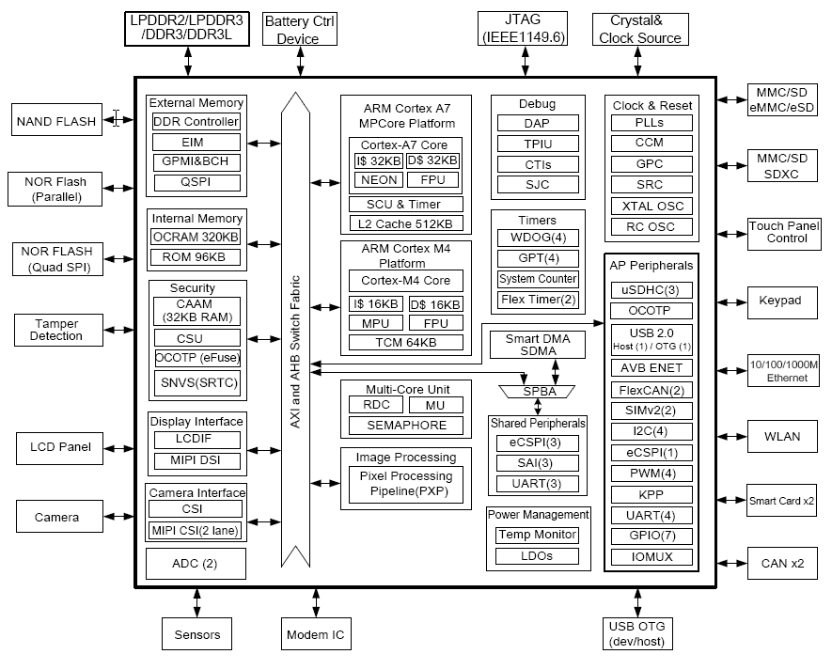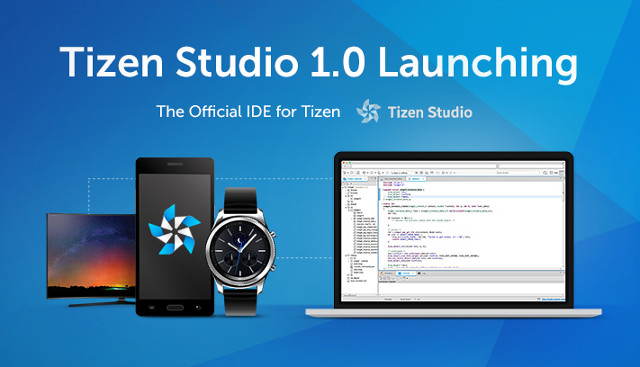Google introduced Project Brillo a little over a year ago, an operating system based on Android, but with a smaller footprint optimized for Internet of Things applications. Brillo has now just become Android Things OS, with Google releasing a developer preview of Android Things working on Raspberry Pi 3, Intel Edison, and NXP Pico boards. The company has also updated the Weave platform to simplify connection of all types of devices to the cloud, and interaction with services like the Google Assistant. The Weave Device SDK currently supports schemas for light bulbs, smart plugs, switches, and thermostats, with more type of device supported in the future, as well as a mobile app API for both Android and iOS. Using an Android based OS instead of a pure Linux OS should make it easier for Android app developers to create smart devices thanks to the use of familiar Android APIs and […]
Linux 4.9 Release – Main Changes, ARM and MIPS Architectures
Linus Torvalds released Linux 4.9 on Sunday: So Linux 4.9 is out, and the merge window for 4.10 is thus open. With the extra week for 4.9, the timing for the merge window is obviously a bit awkward, and it technically closes in two weeks on Christmas Day. But that is a pure technicality, because I will certainly stop pulling on the 23rd at the latest, and if I get roped into Xmas food prep, even that date might be questionable. I could extend the merge window rather than cut it short, but I’m not going to. I suspect we all want a nice calm winter break, so if your stuff isn’t ready to be merged early, the solution is to just not merge it yet at all, and wait for 4.11. Just so you all know (I already bcc’d the main merge window suspects in a separate mailing last […]
Make-WiFi-Fast Project Massively Improves WiFi Performance of Busy WiFi Routers
WiFi is a great way to add connectivity to a large group of people, but once everybody tries to connect at the same time, the network often becomes unusable due to very high latency, a problem that can occur on servers on the ISP side too, and that’s usually caused by excessive buffering, Bufferbloat. The Bufferbloat project aims to resolve this issue with both routers using CoDel and fq_codel algorithms, as well as WiFi via Make-WiFi-Fast project. Dave Täht gave a presentation of his work on Make-WiFi-Fast project entitled “Fixing WiFi Latency… Finally“showing how latency was reduced from seconds to milliseconds. It’s quite technical, but two slides of the presentation clearly shows the progress made. The first chart shows 100 stations connecting to a website using unpatched code with the top of the chart showing the bandwidth per node in MBits/s, while the lower part showing latency in ms. We […]
GR-LoRa is a Reverse-Engineered Open Source Implementation of LoRa PHY
LPWAN standards such as LoRa or Sigfox allow you to transmit data over long distance, at ultra low power (up to 10 years on a AA battery), and for free if your use your own network (P2P or gateway), or a few dollars per years if you go through a network provider. The low cost is possible since those standards rely on 900 MHz ISM bands, meaning nobody has to pay millions of dollars to the government to obtain a license fee. Matt Knight looked at LoRa, and while Level 2 and 3 of the protocol (LoRaWan) has public documentation, Level 1 (LoRa PHY) is proprietary and the standard is proprietary. So he decided to reverse-engineer LoRa PHY using Microchip RN2903 based LoRa Technology Mote and Ettus B210 USB software defined radio, and software packages and tools such as Python and GNU Radio to successfully deliver GR-LoRa open source “GNU Radio […]
Allwinner H2 Linux & Android SDK, and Allwinner XR819 WiFi Driver Released
Orange Pi Zero is an interesting little ARM Linux board thanks to its low price, but also because it features a new Allwinner H2 / H2+ quad core Cortex A7 processor very similar to Allwinner H3 minus the 4K video decoding part, as well as Allwinner XR819 WiFi module, which I have not seen on any other boards so far. But hardware without software is pretty much useless, so developers will be happy to find out that Allwinner H2 SDK with Linux (lichee) and Android has been released or leaked, and it also includes the Allwinner XR819 WiFi driver. You’ll find the SDK on Zoobab server with three main directory / files: Android folder – Android 4.4.2 SDK lichee folder – Linux 3.4.39 source code. However you’d probably better use Linux 3.4.113 currently released by sunxi-linux, or Linux mainline. The latter does have some limitations, and may or may not […]
NXP Unveils MCUXpresso Development Tools for LPC and Kinetis Microcontrollers
After NXP bought Freescale, you had development tools for Freescale Kinetis MCUs such as Design Studio or Kenetis SDK, and others such as LPCXpresso for NXP LPC microcontrollers. The company has worked to unifying software and tools support between its ARM Cortex-M MCU families, and has now announced MCUXPresso software and tools for both NXP Kinetis and LPC MCUs. MCUXpresso unifies thousands of Kinetis and LPC microcontrollers under a set of compatible tools including MCUXpresso SDK – Open-source software MISRA-compliant development kit (SDK) with peripherals drivers, wireless & wired connectivity stacks, middleware, real-time OS, getting started guides, API documentation, and application examples. MCUXpresso IDE – Integrated development environment (IDE) for editing, compiling and debugging. It also integrates MCU-specific debugging views, code trace and profiling, multicore debugging, etc… Both free and professional edition of the IDE will be available, and LPCXpressor and previously Freescale Freedom & Tower platforms will be supported. […]
HMP, Real-Time Linux and Xenomai – A Look at Three Options to Develop Real-Time Linux Systems on Application Processors
This is a guest post about Heterogeneous Multicore Processing (HMP), Real-Time Linux, and Xenomai to develop real-time Linux systems written by Guilherme Fernandes, Raul Muñoz, Leonardo Veiga, Brandon Shibley, all working for Toradex. Introduction Application processor usage continues to broaden. System-on-Chips, usually powered by ARM Cortex-A cores, are taking over several spaces where small ARM Cortex-M, and other microcontroller devices, have traditionally dominated. This trend is driven by several facts, such as: The strong requirements for connectivity, often related to IoT and not only from a hardware point of view but also related to software, protocols, and security The need for highly interactive interfaces such as multi-touch, high-resolution screens, and elaborate graphical user interfaces; The decreasing price of SoCs, a consequence of its volume gain and new production capabilities. Typical cases exemplifying the statement above are the customers we see every day starting a product redesign upgrading from a microcontroller […]
Tizen Studio 1.0 Replaces Tizen SDK for Smartphones, Wearables and TVs
Tizen has converged all Tizen SDK for mobile, wearables, and TV to Tizen Studio since the beginning of the month, and released Tizen Studio 1.0 for developers interested in developing app for Tizen smartphones, TVs and/or smartwatches such as the latest Samsung Gear S3. So instead, you’ll now be able to select the targets platform and profiles within Tizen Studio. Some of the key changes made to the development environment in Tizen Studio 1.0 include: Launching tools: Installer, Uninstaller, and Package Manager Developing tools: IDE perspective theme, Project Wizard, Certificate Manager, and Menu and tool icons UI tools: UI Builder, Component Designer, and EDC Editor Testing tools: Emulator Testing tools: Dynamic Analyzer for memory and CPU profiling Other improvements in Tizen application development environment Tizen Studio is available for the 32-bit and 64-bit version of Windows, and Ubuntu, as well as for Mac OS with one version with the graphics […]


